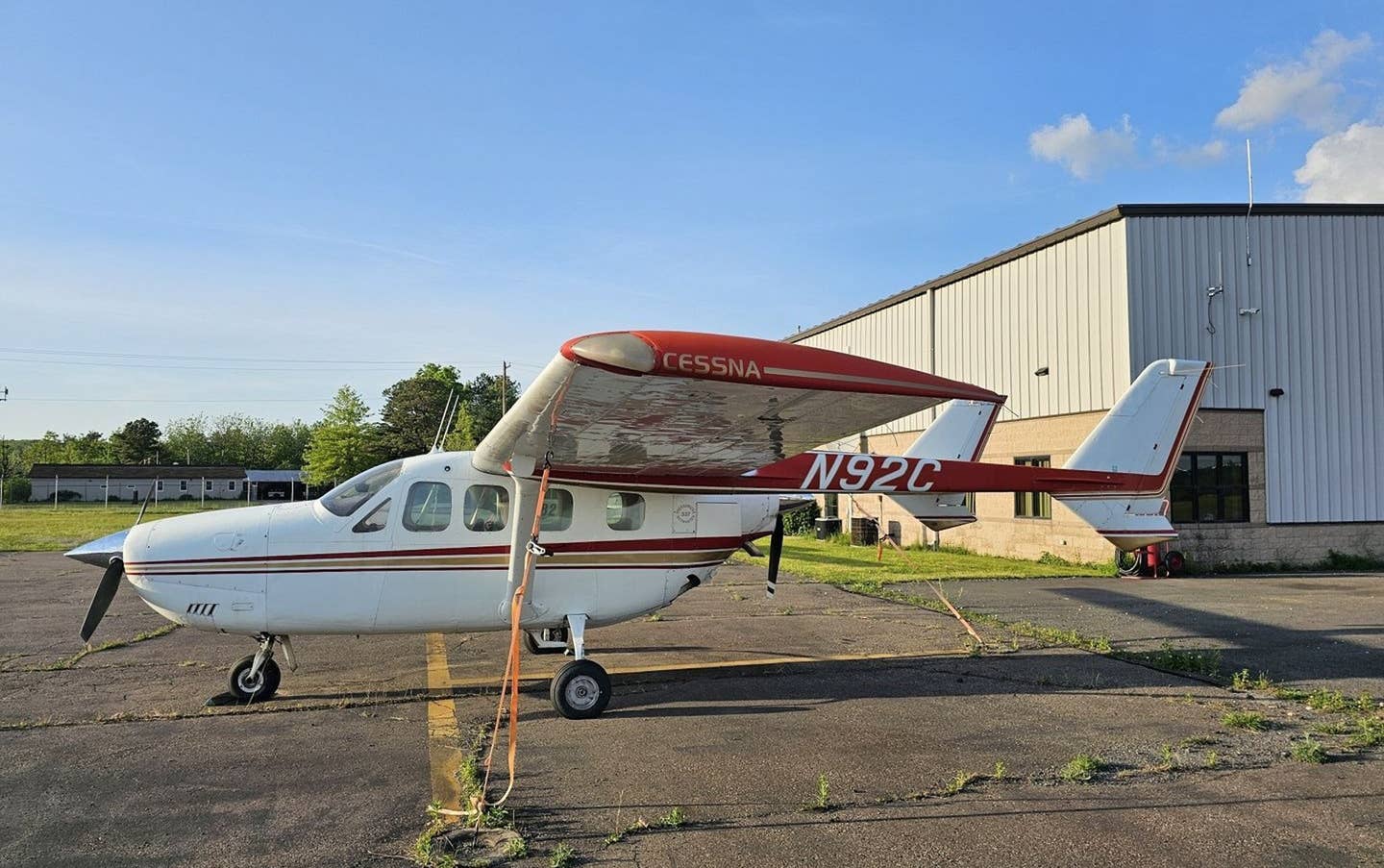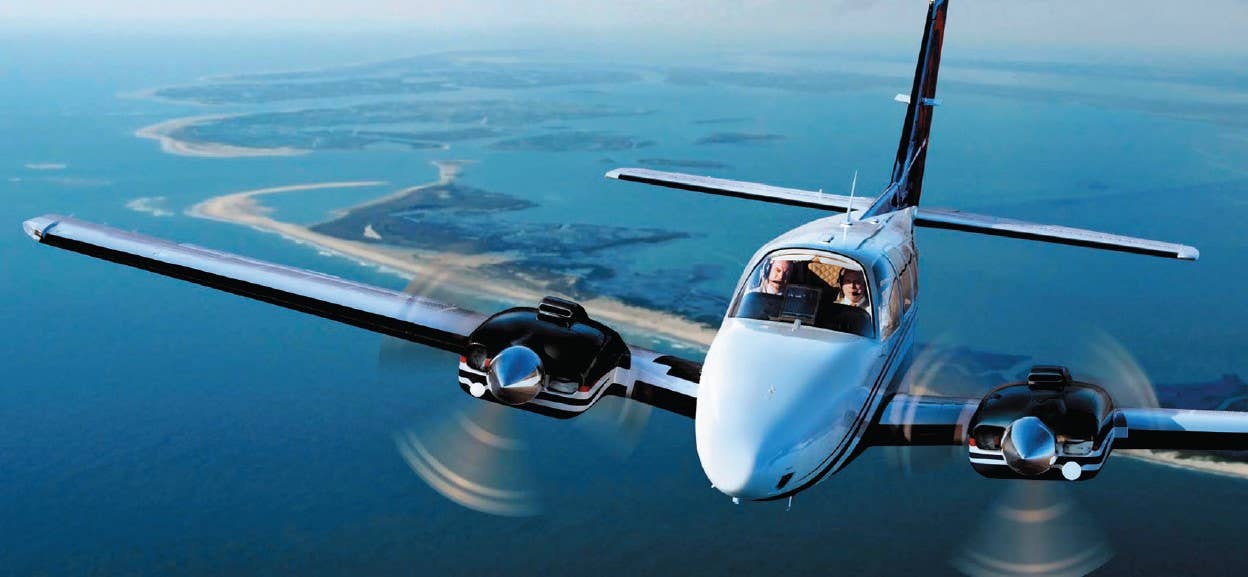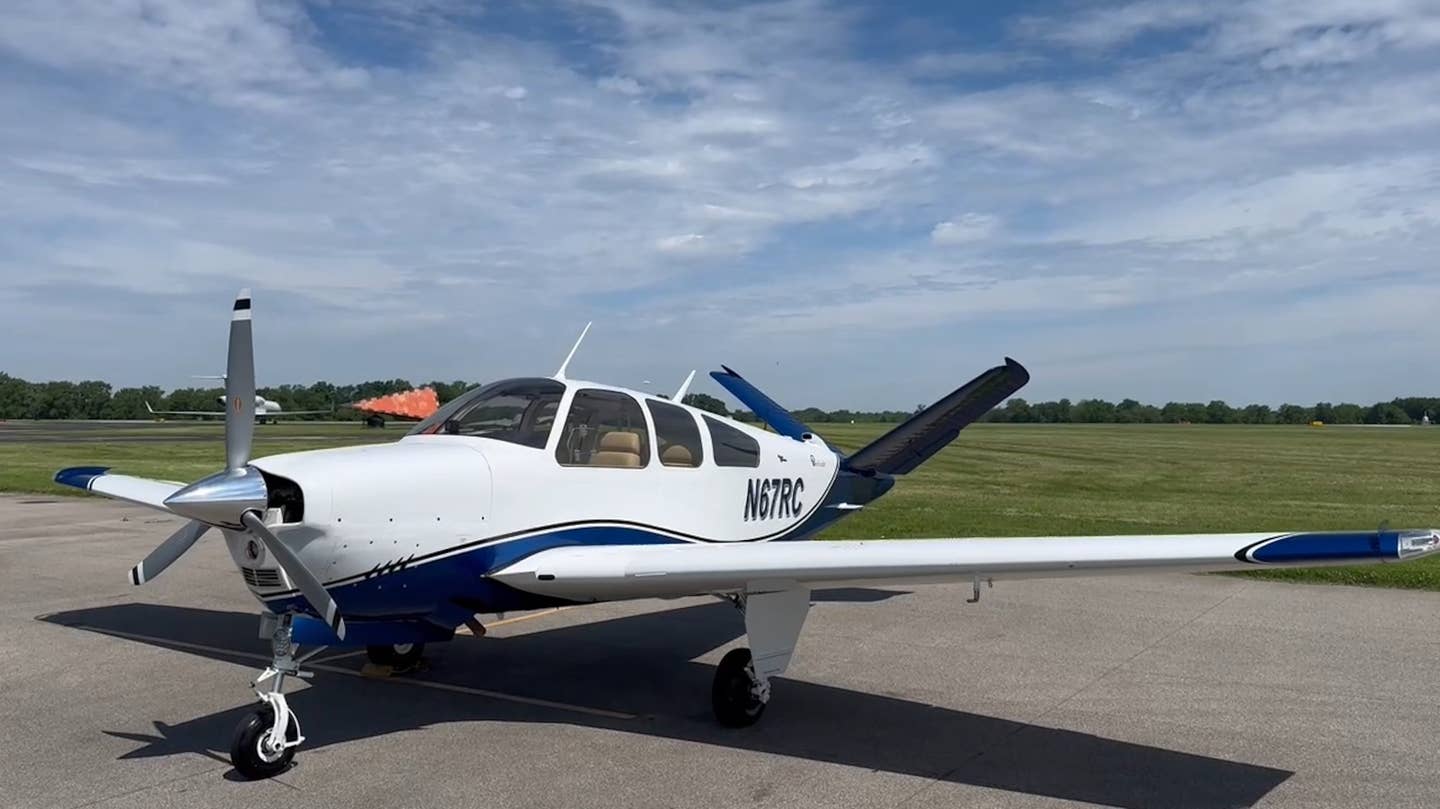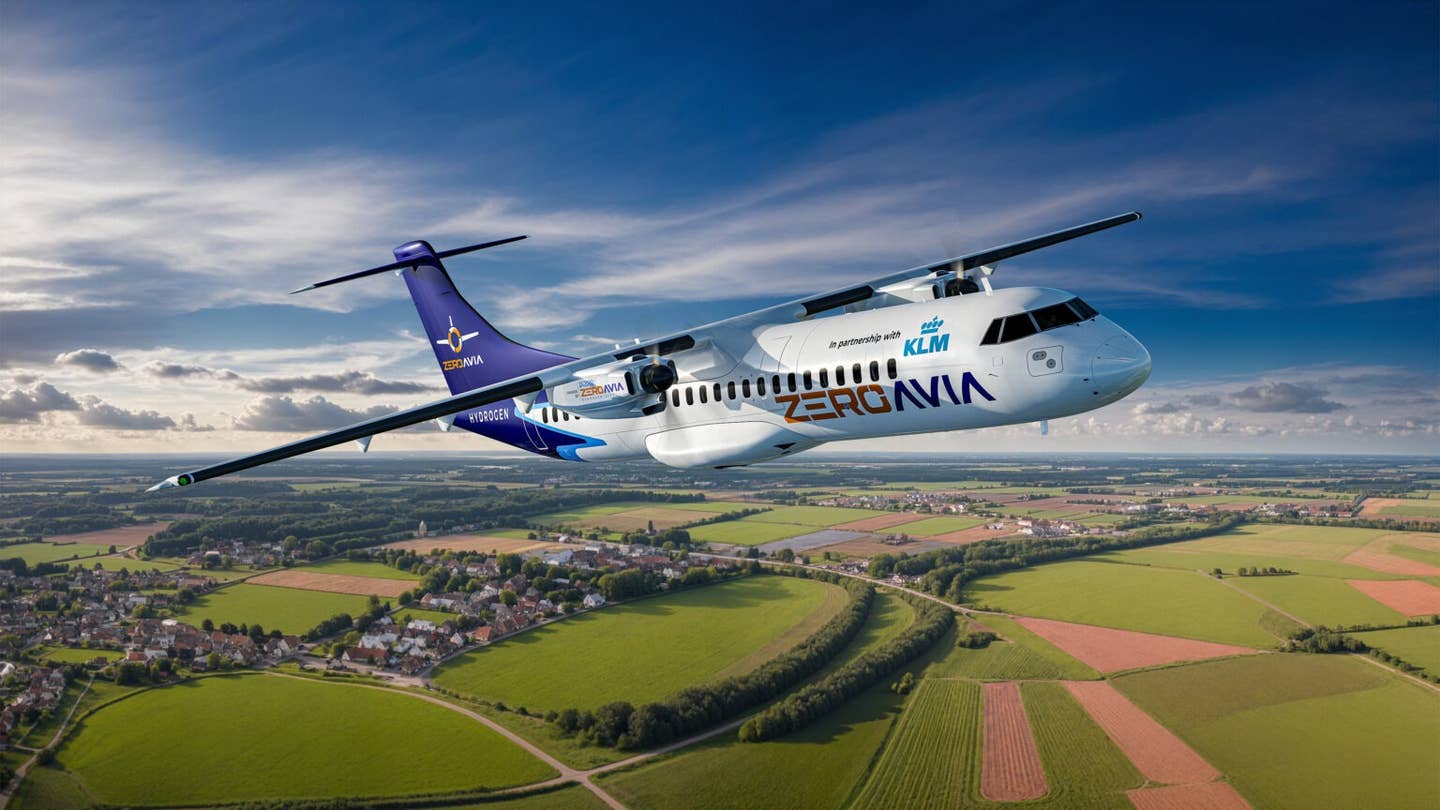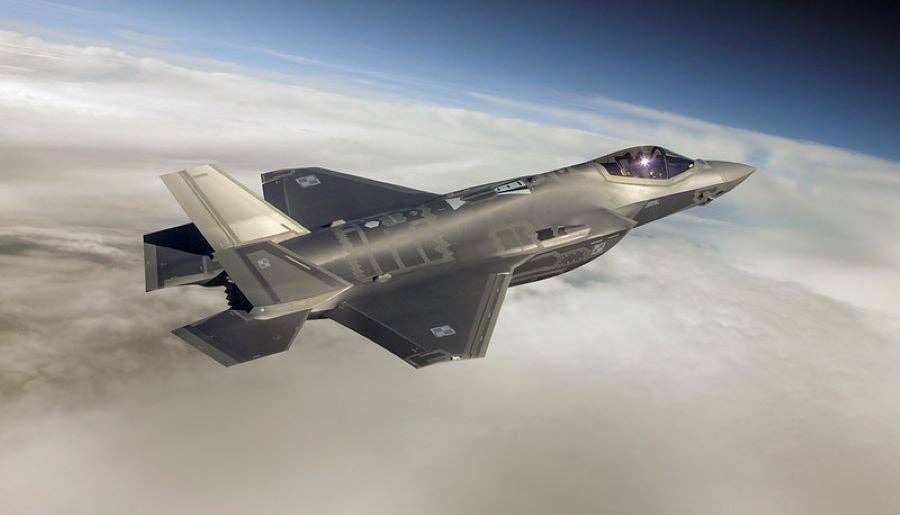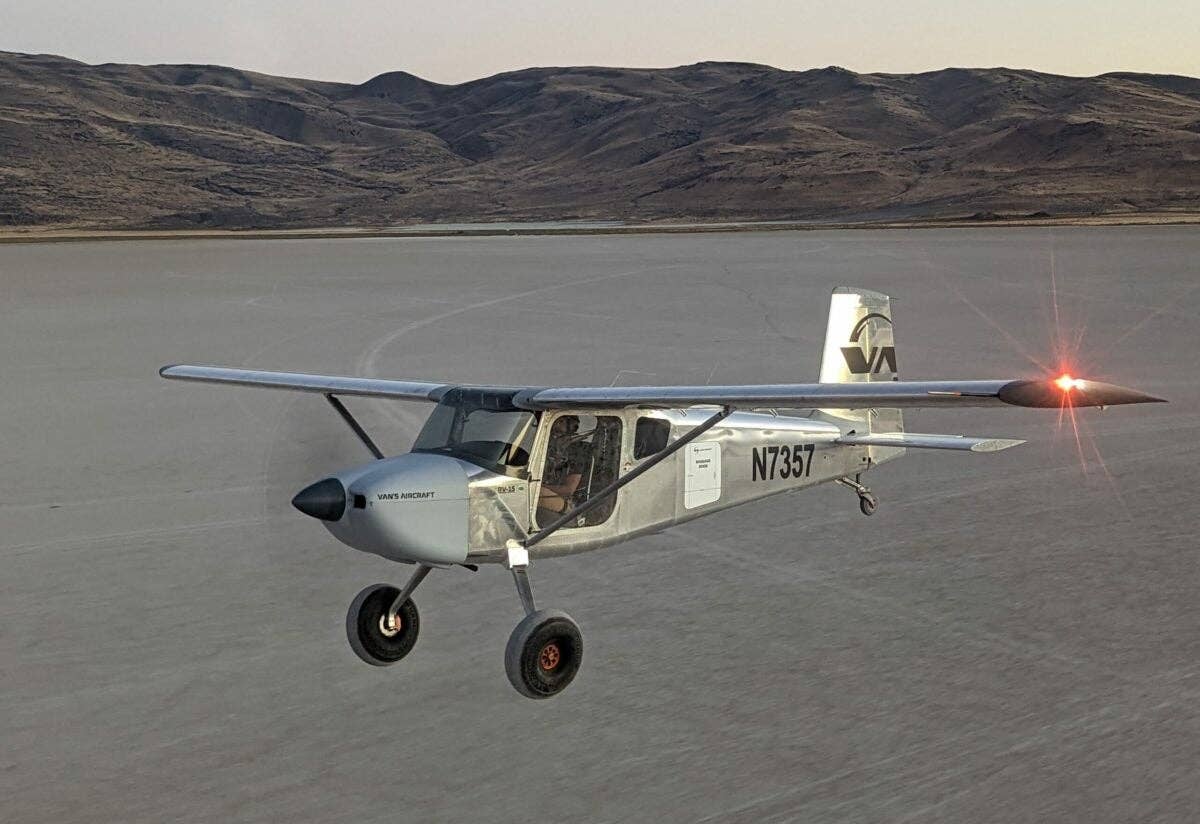DeltaHawk Is Developing a Package for Installing Its DHK Engines in Van’s RV-14s
Advantages of the installation include improved performance and the convenience of burning jet fuel.
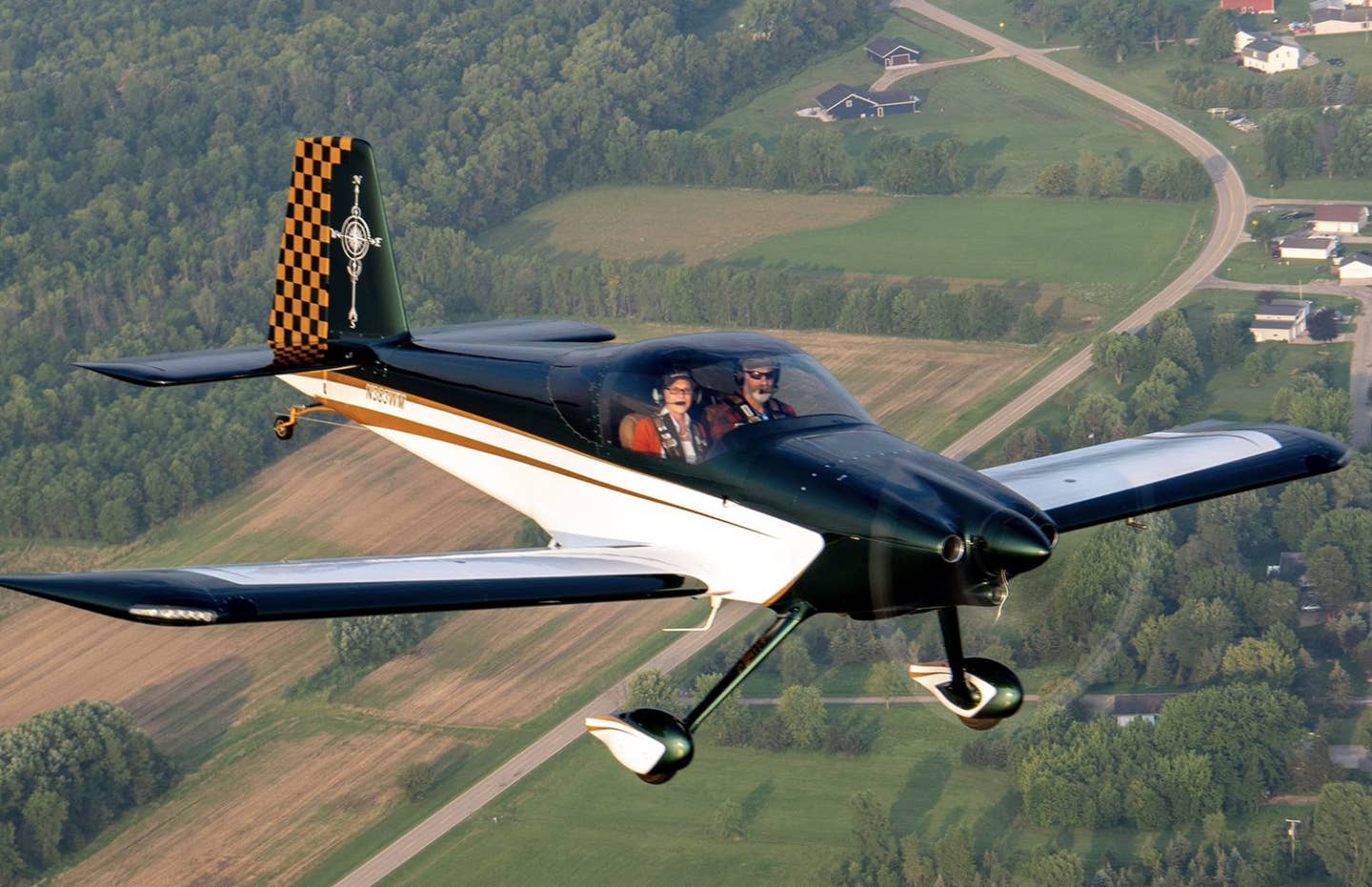
Van’s RV-14 stands to benefit from the installation of DHK engines. [Courtesy: DeltaHawk Engines]
DeltaHawk Engines is developing a package for installing its new DHK family of FAA-certified, jet-A-fueled piston engines in Van’s RV-14 aircraft.
The company said its clean-sheet DHK180 engine, which received its type certification last year, offers ease of operation, reliability, fuel efficiency, less maintenance, and better performance at altitude compared with traditional piston engines. The DHK engines are now moving toward production, with the first installation planned for an RV-14 owned by aircraft builder Craig Saxton. The aircraft is expected to begin flying with the new engine in late spring.
“Van’s aircraft are incredibly popular thanks to their high performance with exceptional efficiency, combined with a very high level of safety and ease of operation,” said Jon Heup, president of DeltaHawk Engines. “Those same attributes accurately describe our DeltaHawk engine family, making this a great match.”
Builder Saxton said the DeltaHawk engine is well-suited to the specific RV he’s putting together.
“I approached DeltaHawk because their new engine platform offers superior performance, while being significantly more efficient to operate and maintain. I believe it is a very capable alternative to other engine offerings,” Saxton said.
- READ MORE: DeltaHawk High on Testing of Hydrogen Engine
Synergy Air, a leading builder assistance company, is working with Saxton on the installation. Vans’s Aircraft is providing technical assistance for the project.
“We’re pleased to be part of this revolutionary project,” said Vaden Francisco, owner of Synergy Air. “We’ve helped build over 200 Van’s RV aircraft to date, and this may be the most exciting one yet.”
DeltaHawk is also developing similar firewall-forward installation packages for Bearhawk Aircraft’s Bearhawk 4-Place. In addition to increased performance over conventional piston engines, the DHK engines have the advantage of burning jet fuel and avoiding the environmental impacts of 100LL, which is not as widely available around the world.

Subscribe to Our Newsletter
Get the latest FLYING stories delivered directly to your inbox

